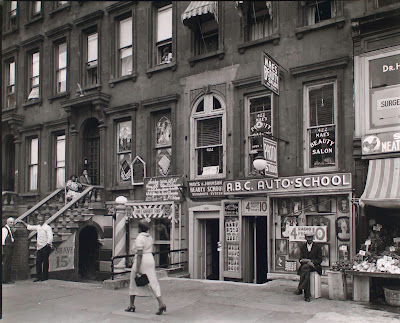Autumn always seems a particularly productive time of year for writers. Cooler weather energizes us. Youngsters return to school—for some of us parents, and grandparents, providing the luxury of more time to write. We have the gift of a glorious few months between summer vacation and the onset of the hectic holiday season during which we can immerse ourselves in the creation of new stories, poems, screenplays, essays, articles, and even novels. To my mind, there is no better or less distracting time of the year in which to start a new project, finish an ongoing one, or learn something new about our craft. I start a new novel every fall and work right alongside my students. And I’m often laboring over another book’s revisions at the same time. I’d love for you to join us while pursuing your own literary adventure this fall!
You’ll discover lots of classes to choose from in the Fall catalogue. All of the instructors at The Writer’s Center work hard to develop the kinds of courses you’ll enjoy while picking up new skills and refining those you’ve used for years. Meanwhile, here’s a quick preview of the classes I’ll be offering my students between now and the end of 2013. You’ll find days, times, and additional details in the catalogue, as well as online at The Writer’s Center website: www.writer.org.
The Extreme Novelist gives each student a chance to work on a rough draft of their own novel, under the instructor’s guidance—with support, encouragement, and nudges from the class. This 8-week course requires dedication to an intense program of daily writing with a goal of completing a full draft of a novel in 8 weeks. Be brave—what have you got to lose?
The Fiction Master Workshop is an advanced 4-week course that addresses what to do with your novel, novella, creative nonfiction, or short story after you’ve finished a draft. A practical self-editing, fine-tuning course, with marketing tips. Its goal? To increase your odds of publication by: 1) avoiding the most common pitfalls that result in immediate rejection, 2) including elements most desired by readers and acquiring editors.
And a variety of ½-day single-focus seminars served up with coffee and pastries:
Historical Fiction celebrates the rebirth of the genre. HF accommodates just about every genre from mysteries to adventure, from generational sagas to sea stories, Westerns and romances. Experiment with setting your story in a past time and place, and attract devoted readers.
Creating Conflict discusses how to build emotional conflict into any plot, thereby creating the necessary tension to capture readers’ attention and keep them engaged.
Life’s Characters gives writers a fresh way of looking at characterization that will breathe life into their paper people and make readers care deeply about them.
Powerful Beginnings spotlights the task of creating a strong opening for your stories. Editors today, sadly, often reject on the basis of having sampled only the first few sentences or paragraphs of a story. Learn how to avoid the knee-jerk rejection by starting strong.
Holiday Stories—who doesn’t love ‘em? Learn how to shape a story around the emotions and traditions of the seasons. Publishers are always looking for the next classic.
Come-Alive Fiction is all about creating vivid scenes through natural sounding dialogue, believable action, and realistic settings. Readers want to “participate” in the stories they read and feel they are “there”. We’ll learn how to weave these elements into any story.
50 Shades of Romance isn’t just about erotica or even romance. We’ll discover how romantic elements can add emotion, realism, urgency, and color to a wide variety of story types. Agents often claim that anything with a love story is an easier sale. How can you make the most of this opportunity in your own fiction?
If you have questions, feel free to contact The Writer’s Center: 301-654-8664. And by all means, check out the many other courses and seminars offered at the Center this semester. I’m sure you’ll find something to inspire and inform!
Kathryn Johnson's novel, The Gentleman Poet: A Novel of Love, Danger, and Shakespeare's "The Tempest" was winner of the 2011 Bookseller's Best Award for Young Adult Novels
Kathryn Johnson's novel, The Gentleman Poet: A Novel of Love, Danger, and Shakespeare's "The Tempest" was winner of the 2011 Bookseller's Best Award for Young Adult Novels


